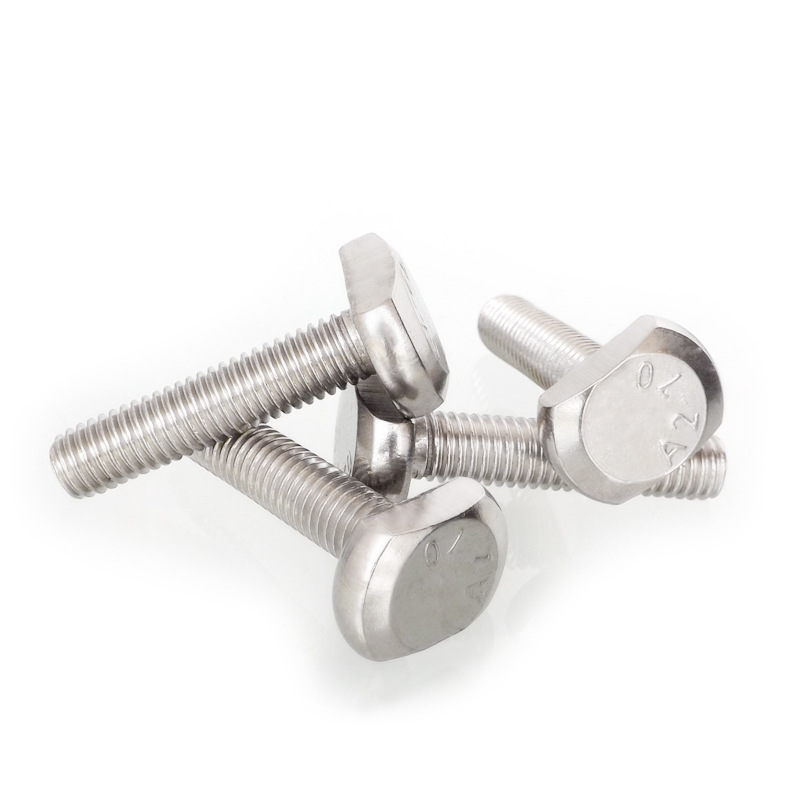

flat washers
Ara . 19, 2024 05:48 Back to list
flat washers
Understanding Flat Washers Types, Applications, and More
Flat washers are essential components in various engineering and construction applications, playing a crucial role in distributing load, reducing surface friction, and preventing damage to surfaces during fastening. These simple, disc-shaped metal or plastic pieces may seem inconspicuous, yet they perform several critical functions that enhance the integrity of assemblies and prolong the lifespan of materials.
What Are Flat Washers?
Flat washers are typically round discs with a hole in the center, designed to be placed under a nut or bolt. Their primary purpose is to distribute the load of the fastener over a larger surface area, which helps to prevent local deformation (bending or crushing) of the material being fastened. This characteristic is particularly important when fastening softer materials like wood or plastics, as the washer minimizes the risk of surface damage.
Types of Flat Washers
There are several types of flat washers, differentiated by material, size, and design
1. Material Types Flat washers can be made from various materials, including - Metal Washers Often made from steel, stainless steel, or aluminum, these washers are known for their strength and resistance to corrosion. Stainless steel washers are particularly popular in outdoor applications due to their durability. - Plastic Washers Made from materials like nylon or rubber, plastic washers are used in applications where electrical insulation or resistance to chemicals is needed.
2. Size Variations Flat washers come in a range of sizes, accommodating different fastener sizes and load requirements. They can be customized to fit unique specifications, catering to specific application needs.
3. Specialty Washers Some flat washers are designed with additional features like beveled edges or built-in spacers to meet specific performance needs.
flat washers

Applications of Flat Washers
Flat washers are widely used across various industries due to their versatility. Here are some common applications
1. Construction In construction, flat washers are used to secure structural elements, ensuring that bolts and nuts hold firmer, especially in load-bearing applications.
2. Automotive In the automotive industry, flat washers are found in various assemblies, from engines to chassis components. They help maintain structural integrity under the vibrations and forces experienced during vehicle operation.
3. Electronics Flat washers made from non-conductive materials are essential in electronics, preventing short circuits and ensuring safety in electrical connections.
4. Home Improvement DIY enthusiasts often use flat washers in furniture assembly, plumbing, and electrical work, highlighting their significance in everyday tasks.
Conclusion
The humble flat washer, while often overlooked, is a vital component in numerous applications across different industries. Its ability to distribute load, prevent damage, and enhance the performance of fasteners makes it indispensable in construction, automotive, electronics, and home improvement projects. Understanding the different types of flat washers and their applications can lead to better design decisions and improved reliability in assemblies and structures. As we continue to evolve in our engineering practices, the importance of selecting the right washer for the job cannot be understated, ensuring efficiency and durability in our projects.
Latest news
-
Hot Dip Galvanized Bolts-About LongZe|High Strength, Corrosion Resistance
NewsJul.30,2025
-
High-Strength Hot Dip Galvanized Bolts - Hebei Longze | Corrosion Resistance, Customization
NewsJul.30,2025
-
Hot Dip Galvanized Bolts-Hebei Longze|Corrosion Resistance&High Strength
NewsJul.30,2025
-
High-Strength Hot-Dip Galvanized Bolts-Hebei Longze|Corrosion Resistance&High Strength
NewsJul.30,2025
-
Hot Dip Galvanized Bolts-Hebei Longze|Corrosion Resistance&High Strength
NewsJul.30,2025
-
Hot Dip Galvanized Bolts - Hebei Longze | Corrosion Resistance, High Strength
NewsJul.30,2025

